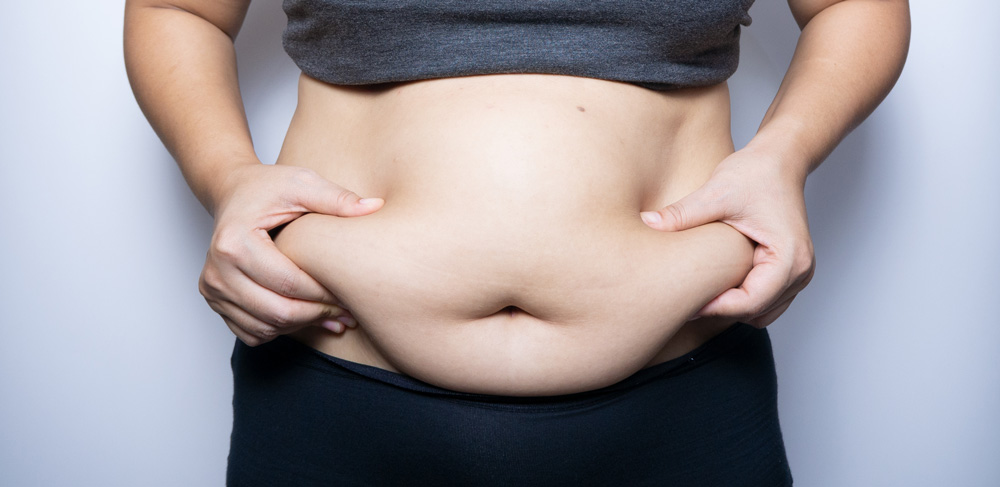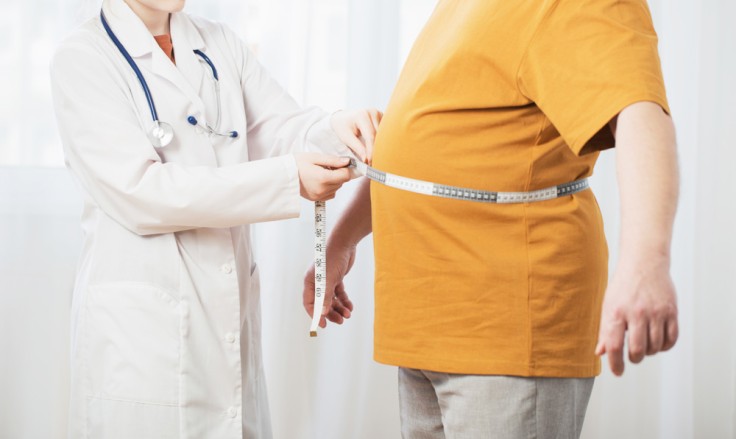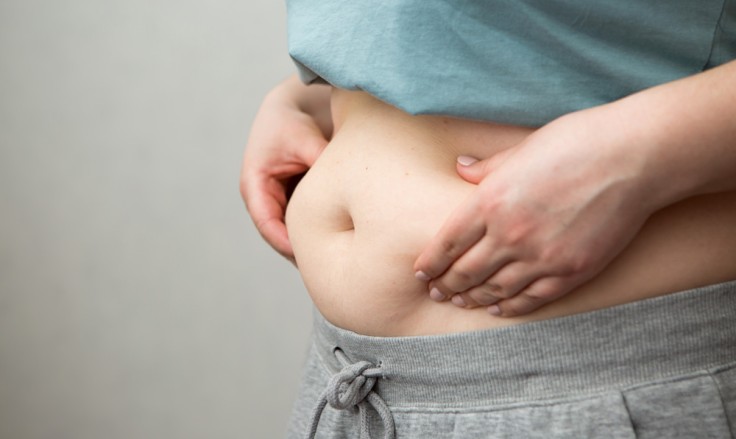A Complete Guide to Sleeve Gastrectomy Recovery
Introduction
Sleeve gastrectomy is a life-changing weight loss surgery. It reduces the stomach’s size, limiting food intake. However, recovery is as important as the procedure itself. Proper aftercare can help you heal faster and sustain weight loss. This comprehensive guide covers every aspect of sleeve gastrectomy recovery. We discuss phases of healing, diet, exercise, emotional support, and follow-up care. Our aim is to empower you with the knowledge needed for a smooth recovery. Whether you are about to undergo the surgery or already recovering, this guide will help you navigate your journey with confidence.
Understanding Sleeve Gastrectomy
Sleeve gastrectomy involves removing a large portion of the stomach. This creates a narrow tube or “sleeve.” The surgery reduces hunger hormones and limits food consumption. As a result, patients lose weight gradually. Although the surgery is effective, recovery requires dedication. Your body must adapt to the smaller stomach size. Therefore, recovery is not just physical; it also involves lifestyle changes and mental adjustments.

Recovery Phases
Recovery from sleeve gastrectomy occurs in distinct phases. Each phase has its own challenges and milestones.
Immediate Post-Op Phase
The first few days after surgery are critical. You may experience pain and discomfort. Swelling is common, and your stomach will feel tender. Your doctor will manage pain with medications. It is essential to rest during this period. You may need to stay in the hospital for one or two days. Rest and limited movement are vital at this stage.
Early Recovery Phase (Weeks 1-4)
After the initial few days, your recovery enters the early phase. During this time, your body begins to heal steadily. You will follow a strict diet that starts with liquids. Gradually, soft foods are introduced. Your energy levels will slowly improve. Follow-up appointments become more frequent. Your surgeon will check your healing progress. At this point, you must avoid strenuous activities. It is also important to drink plenty of water. Overall, the early recovery phase is about rest, proper nutrition, and gradual activity.
Intermediate Recovery Phase (Weeks 5-12)
By the fifth week, your recovery accelerates. You may start introducing semi-solid foods. Your doctor will advise on the pace of diet progression. It is also time to start gentle physical activity. For instance, short walks are recommended. You should still avoid heavy lifting and vigorous exercise. Your incision sites will continue to heal during this period. Follow-up visits remain important. Your surgeon may adjust medications as needed. Additionally, you might start noticing early weight loss benefits. This phase is essential to establish new habits that support long-term success.
Long-Term Recovery and Maintenance
After three months, your recovery reaches a more stable stage. You may resume more normal activities. However, full recovery can take up to a year. At this point, the focus shifts to long-term maintenance. You need to adopt a healthy, balanced diet permanently. Regular exercise is also crucial for sustaining weight loss. Emotional and psychological support may be necessary. Many patients join support groups or work with a counsellor. In summary, long-term recovery is an ongoing process that requires commitment and lifestyle changes.
Dietary Guidelines
Diet plays a central role in sleeve gastrectomy recovery. Initially, your diet will be very restricted. You will start with clear liquids, then progress to full liquids. Gradually, pureed foods are introduced. It is vital to follow your doctor’s instructions on diet progression. Here are some key dietary guidelines:
- Hydration:
Drink water and other non-caffeinated fluids throughout the day.
Hydration helps prevent complications and supports healing. - Protein-Rich Foods:
Lean proteins such as chicken, fish, and legumes are essential.
Protein supports tissue repair and muscle maintenance. - Small, Frequent Meals:
Eat five to six small meals a day.
This helps manage hunger and improves digestion. - Avoid Sugary and Fatty Foods:
Such foods can lead to weight gain and digestive issues.
Stick to nutrient-dense options instead. - Gradual Food Progression:
Follow your surgeon’s timeline for introducing solids.
Rushing the diet progression can cause complications.
Adhering to these dietary guidelines is crucial. They not only aid in recovery but also support long-term weight loss.
Exercise and Physical Activity
Exercise is an important part of your recovery process. However, it must be introduced gradually. Initially, strenuous activities are prohibited. As you heal, light exercise such as walking can be beneficial. Here are some exercise recommendations:
- Early Stage (Weeks 1-4):
Focus on short walks and gentle stretching.
Avoid any high-impact activities. - Intermediate Stage (Weeks 5-12):
Gradually increase the duration and intensity of your walks.
Consider incorporating low-impact exercises like cycling or swimming. - Long-Term Stage (After 3 Months):
With your doctor’s approval, add resistance training.
This helps maintain muscle mass and boosts metabolism.
It is essential to listen to your body. If you feel any discomfort or pain, reduce your activity level. Remember, recovery is a gradual process that requires patience.
Emotional and Psychological Support
The journey after sleeve gastrectomy is not solely physical. Emotional and psychological well-being is equally important. Many patients experience mood fluctuations during recovery. A positive mindset can enhance healing. Here are some ways to maintain your mental health:
- Join a Support Group:
Connect with others who have undergone bariatric surgery.
Sharing experiences can provide comfort and practical advice. - Seek Professional Counselling:
A mental health professional can help you navigate emotional challenges.
This support is vital for long-term success. - Set Realistic Goals:
Understand that recovery is gradual.
Celebrate small victories along the way. - Practice Stress-Reduction Techniques:
Techniques like meditation, deep breathing, and gentle yoga can help.
A calm mind promotes a healthier recovery.
Taking care of your mental health is an integral part of sleeve gastrectomy recovery.
Conclusion
To summarise, sleeve gastrectomy recovery is a multifaceted journey. Initially, the process involves strict dietary guidelines and limited physical activity. Gradually, as you progress through recovery phases, you can introduce more exercise and solid foods. Equally, emotional support and regular follow-ups play vital roles in your healing process. Moreover, understanding potential complications and adopting long-term lifestyle changes ensure lasting success. Ultimately, following expert advice and committing to these changes will help you achieve optimal sleeve gastrectomy recovery and sustain your weight loss journey.
For more information on sleeve gastrectomy and to book a consultation visit the ACIBADEM Beauty Center Obesity Surgery webpage.




